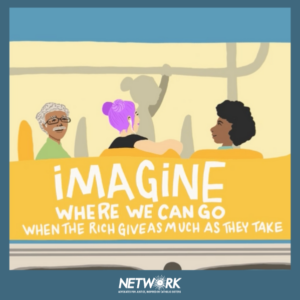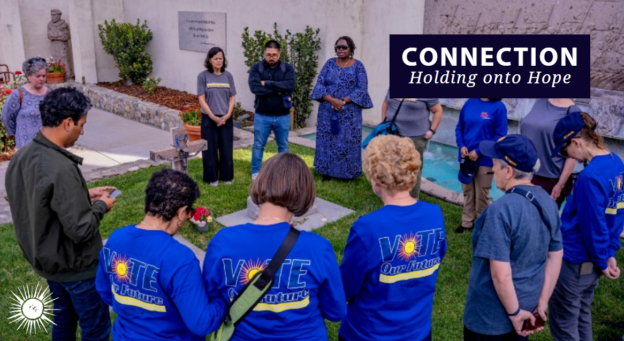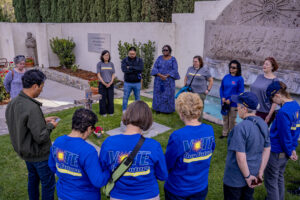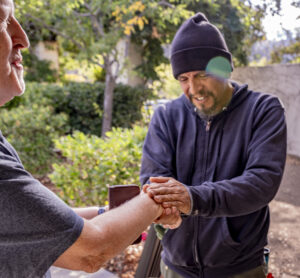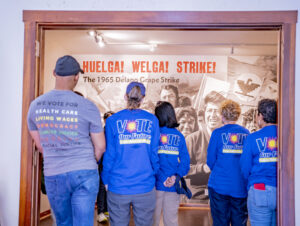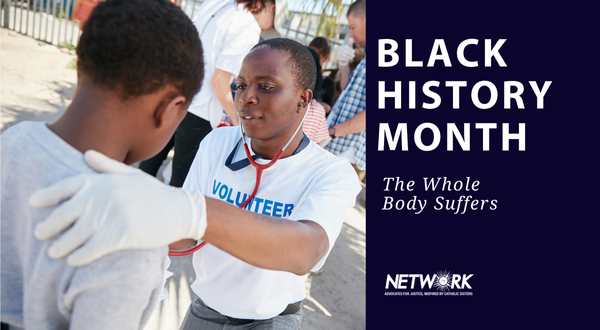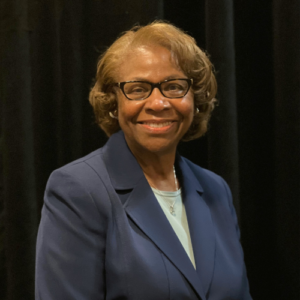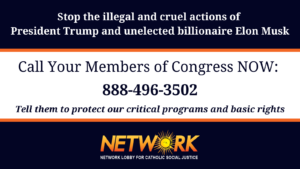Lent 2025: Giving Up Billionaires
Welcome to week 7 of our Lenten series, “Giving Up Billionaires,” as we call on Congress to give up billionaires so our communities can have what we need to thrive. Click here for the rest of our Lenten reflections and actions.
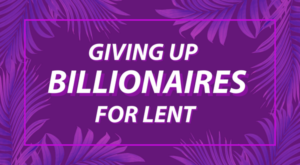
Politics by the People, Not the Money
Sr. Emily TeKolste, SP
April 16, 2025
Most of us, no matter our race, gender, or language, want to be able to shape our own futures and join in making our communities better.
But billionaires, and the lawmakers who enable them, don’t want us to have a say in the decisions that govern our lives. In my reflection on the second week of Lent, you read how Elon Musk had the opportunity to end world hunger for just 2% of his total wealth and refused to do it. But he was more than willing to spend more than $250 million to fund Donald Trump’s election and buy a place in his Administration.
Today, certain Republican lawmakers and their ultra-wealthy backers are trying to amass even more power in our political system, with a bill called the SAVE Act (S.128). The “SAVE” Act endangers the ability of ordinary people like you and me to exercise our freedom to vote. It particularly targets anyone who has legally changed their name, like millions of married women.
Take action
- Call your Senators at 1-888-422-4555 and ask them to protect our freedom to vote by voting NO on the dangerous “SAVE” Act.
- Spread the word. Save the image that I’ve placed below to your computer or phone, then share it on social media or email it to friends and family.
Find more LTE and social media guidance in our Lent toolkit.
The Supreme Court’s decision in Citizens United v. FEC (2010) opened the floodgates to unlimited spending in elections. Since the decision, the share of contributions over $10 million to Republican campaigns rose from 4% to 56% of all contributions.
Elon Musk and his billionaire buddies invest in politicians like President Trump knowing they’ll reap many rewards, one of which is the luxury of dodging their taxes. The wealthiest Americans account for a disproportionately high share of tax cheating. Since January, the Trump administration has cut 38% of employees in the Internal Revenue Service (IRS) unit that audits billionaires. This has weakened our ability to ensure that the ultra-wealthy pay what they owe our country in taxes and contribute to our shared national interests.
The Trump administration is a government of the billionaires, by the billionaires, and for the billionaires.
But we believe in government by We the People. We know that the many will overcome the money, and when we act together—across races, faiths, and places—we will build a world where all of us can thrive, no exceptions!
Join us in calling our Senators today at 1-888-422-4555 and telling them to vote NO on the “SAVE” Act!
NETWORK has more shareable content, sample social media posts, and LTE guidance for you in our Lent Toolkit.
Sr. Emily TeKolste, SP is NETWORK’s Grassroots Mobilization Coordinator. To read more, check out her column in Global Sisters Report, “The existence of billionaires is immoral.”







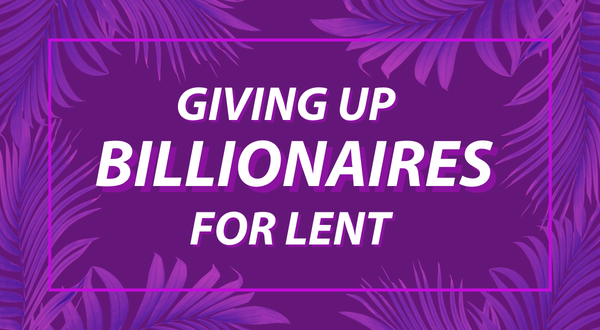
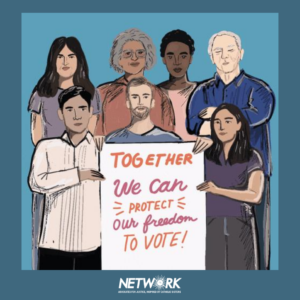
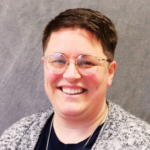

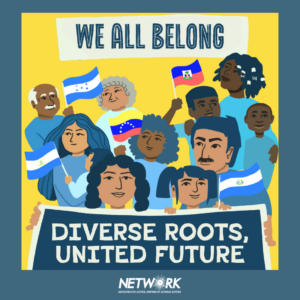
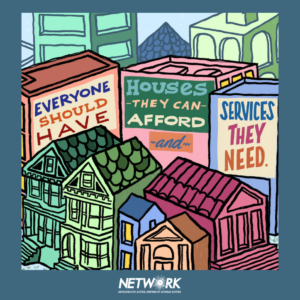
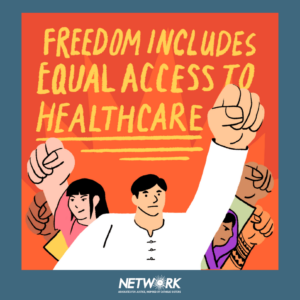
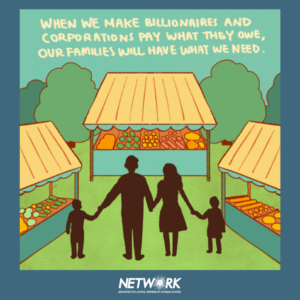
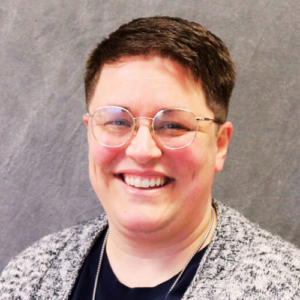 Sr. Emily TeKolste, SP is NETWORK’s Grassroots Mobilization Coordinator. To read more, check out her column in Global Sisters Report,
Sr. Emily TeKolste, SP is NETWORK’s Grassroots Mobilization Coordinator. To read more, check out her column in Global Sisters Report, 